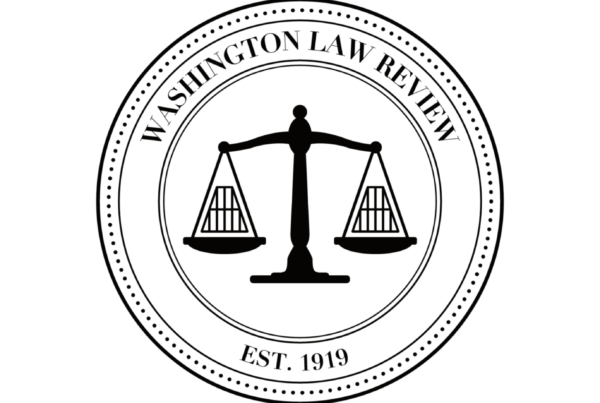Abstract: The rise of cloud computing has dramatically changed how consumers and firms store their belongings. Property that owners once managed directly now exists primarily on infrastructure maintained by intermediaries. Consumers entrust their photos to Apple instead of scrapbooks; businesses put their documents on Amazon’s servers instead of in file cabinets; seemingly everything runs in the cloud. Were these belongings tangible, the relationship between owner and intermediary would be governed by the common-law doctrine of bailment. Bailments are mandatory relationships formed when one party entrusts their property to another. Within this relationship, the bailees owe the bailors a duty of care and may be liable if they fail to return the property. The parties can use contracts to customize the relationship but not to disclaim the duty of care entirely.
Tracing the law of bailment relationships from its ancient roots to the present, this Article argues that cloud storage should be understood as potentially creating a bailment relationship. Though the kind of stored property has changed over time, the parties’ expectations and incentives have not: people entrusting their property to others expect that it will be kept reasonably safe. Although cloud storage is not new, courts have had scant opportunity to analyze the obligations of cloud storage providers. The best explanation for this lack of case law is the decline of litigation, the rise of arbitration, federal diversity jurisdiction, and the ever-growing dominance of contracts, not that bailment has no role in cloud storage.
Recognizing cloud storage as a potential bailment would have significant implications. Most immediately, it would suggest that some provisions in many cloud storage services’ contracts are unenforceable or enforceable only after fact-intensive judicial review. A hand-collected dataset of fifty-eight cloud storage contracts reveals that most have included general disclaimers for any liability for lost data that are inconsistent with the duty of care that is the foundation of the law of bailment. In addition, understanding cloud storage as a bailment would have important implications for both the law of consumer protection and Fourth Amendment protections.



